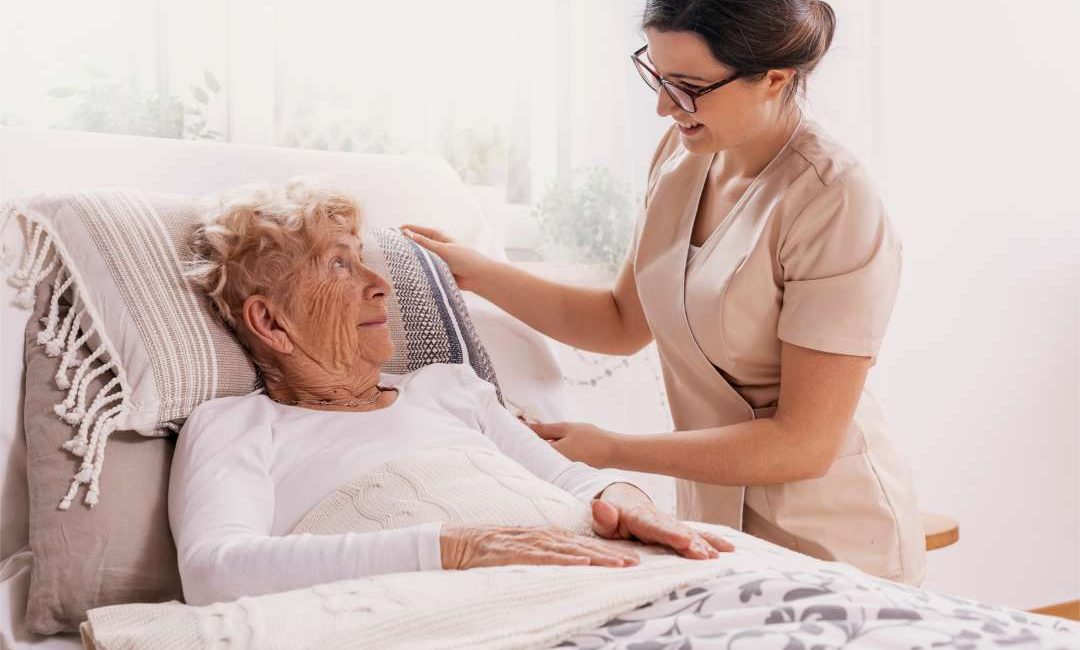Every person has a right to live a life that is free and in the way they want. No adult sjoid be deprived of his or her liberty. When we lose our mumbles professionals start to make decisions for us what is known as best interest decisions. The decisions sometimes interfere with our liberty, takes away our independent and puts us under continuous supervision. The Court of protection is there to protect our right to liberty when we can make decisions for our selves
Having will be registered or living will this is should be respected bu social workers at the time best interest decision are made. This case below was taken from Essex 39 chambers and is useful for you and your families to know:
“ Ms MS was by nature a fighter; a campaigner; a person of passion. Having been involved in many of the moral, political and ideological battles of the last century, she was now 89 and fighting another battle: dementia. Diagnosed in 2006, she made a living Will – prioritising her quality of life over its prolongation – and campaigned for the rights of dementia sufferers (such as the Trebus project; her summarised life story is here). In 2011, she appointed a close friend under a property and affairs Lasting Power of Attorney, stating: “I would not like my attorney to sell my property. My wish is to remain in my own property for as long as this is feasible.”
She had lived in a flat in central London for 60 years. A culmination of not accepting care, altercations with others, self-neglect, unhygienic and hazardous living conditions, weight loss (to 41 kg), wandering, and lack of awareness of personal safety, resulted in her compulsory admission to hospital under s.2Mental Health Act 1983 in October 2012.
In December 2012, it was considered to be in her best interests to be discharged to a nursing home where her deprivation of liberty was authorised, with her close friend appointed as her representative. Unhappy, a trial at home was suggested. But this came to nothing after senior management of the local authority advised that a 24-hour live-in carer at home would be too expensive given their budgetary constraints. With her continued opposition to the nursing home, the local authority sought the Court’s review of their standard authorisation via section 21A of the Mental Capacity Act 2005, with her close friend appointed as litigation friend.
Ms KS was deprived of her liberty , state was controlling her life as he the judge read … It is her welfare in the context of her wishes, feelings, beliefs and values that is important… Several last months of freedom in one’s own home at the end of one’s life is worth having for many people with serious progressive illnesses, even if it comes at a cost of some distress. If a trial is not attempted now the reality is that she will never again have the opportunity to live in her own home. Her home will be sold and she will live out what remains of her life in an institution. She does not want that, it makes her sufficiently unhappy that sometimes she talks about ending things herself, and it involves depriving her of her liberty.”…..
Our social workers are passionate about adults’ welfare – with our live in arrangements and right assessment- you do not have to live your home because you have dementia. We will safeguard your rights and wishes even when you are no longer able to represent yourself

